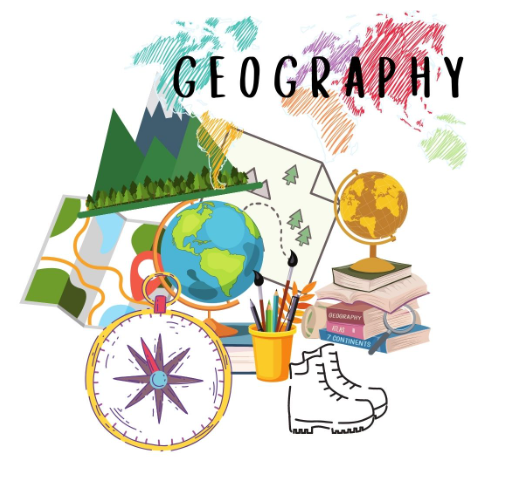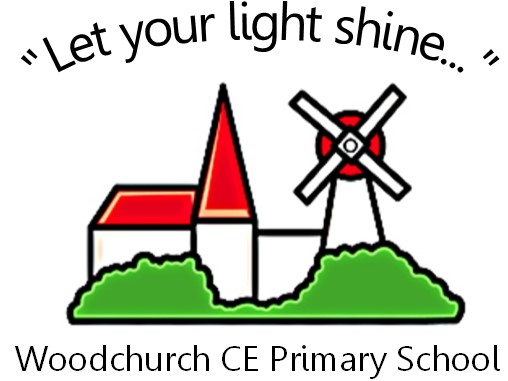Geography
At Woodchurch CE Primary, we believe Geography is more than the study of maps and places—it is about understanding the complex relationships between people, places, and the environment. Our carefully planned Geography curriculum inspires children to be curious, informed, and responsible citizens of the world.
Intent
Our Geography curriculum aims to develop children’s understanding of both human and physical geography, helping them explore local, national, and global contexts. Through enquiry-led learning, children ask questions, make connections, and develop a sense of place—beginning with their own environment and expanding outward to the wider world.
We want our pupils to:
-
Understand where they live and how it connects to the rest of the world
-
Gain a secure knowledge of the world’s countries, continents, oceans, and key features
-
Explore natural and human processes such as weather, climate, trade, migration, and settlement
-
Develop skills in map reading, fieldwork, data interpretation, and geographical vocabulary
-
Reflect on their role in caring for the planet and acting as global citizens
Curriculum Structure and Progression
Our curriculum is carefully sequenced from EYFS to Year 6, ensuring clear progression of skills, knowledge, and geographical thinking.
-
EYFS & KS1: Children explore familiar places and begin to make simple comparisons. They learn to talk about their immediate environment, use directional language, and look at simple maps.
-
Lower KS2: Pupils begin to study contrasting localities, both in the UK and globally. They develop map skills, use atlases and globes, and begin to understand land use, climate, and environmental changes.
-
Upper KS2: Pupils explore more complex physical and human geography topics such as biomes, natural disasters, and global trade. They develop analytical skills, interpret data from a range of sources, and conduct more detailed fieldwork enquiries.
Each unit includes opportunities for critical thinking, discussion, and problem-solving, helping children connect geography to real-world issues such as sustainability, climate change, and global inequality.
Knowledge and Skills for Life
We ensure pupils revisit and deepen their learning each year, embedding key geographical concepts such as:
-
Place: Understanding the uniqueness and diversity of locations
-
Space: Exploring spatial patterns and relationships
-
Scale: Thinking locally, regionally, nationally, and globally
-
Environment: Investigating human impact and sustainability
By the end of Year 6, our children are equipped not only with factual knowledge but also with a deep sense of responsibility, curiosity, and appreciation for the world around them.

